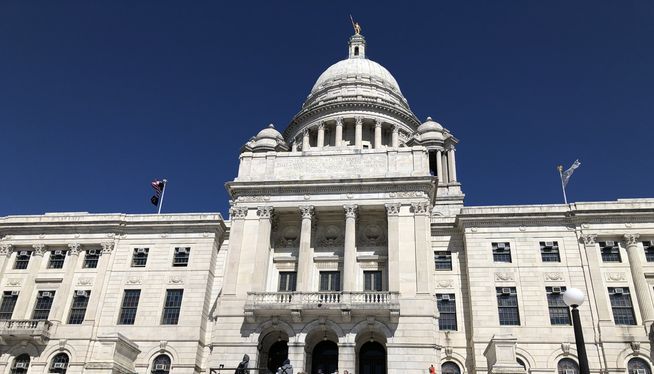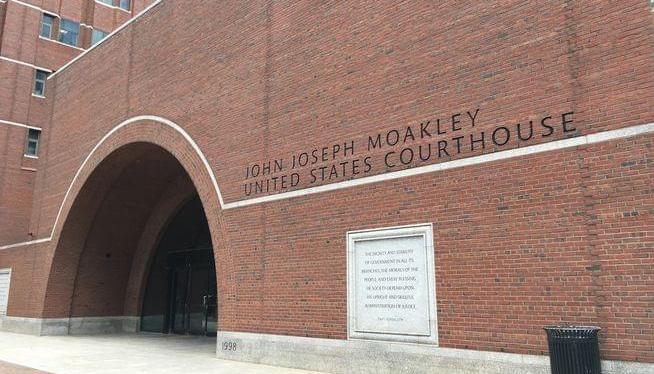
PROVIDENCE, R.I. (AP) — The Rhode Island House of Representatives approved a $14 billion budget Friday that legislative leaders say will help address the state’s housing crisis, support business development and make education funding more equitable while limiting the use of one-time revenue to one-time expenditures.
Speaker Joseph Shekarchi said the House worked with Democratic Gov. Dan McKee and members of the Senate on the House’s top priority — creating more affordable housing in the state at a time when housing is increasingly out of reach for many.
“This budget also strengthens our efforts to provide educational opportunities in K-12 and higher education and supports businesses, working Rhode Islanders, retirees and those struggling to meet their families’ basic needs,” Shekarchi, a Democrat, said in a statement following the vote.
The House approved an additional $31 million to support housing development, including $4 million for transit-oriented development and $4.3 million to support infrastructure needed for housing development, such as road and utility connections.
The House plan includes a low-income housing tax credit program. The program would provide a tax incentive for developers to expand subsidized housing options for low-income households.
The spending plan also includes $7 million for early childhood programs; $45 million for the life sciences sector; $45 million to help individuals experiencing homelessness, three times the current level; and an increase in the earned income tax credit from the current 15% to 16% of the federal credit.
The House budget would also pay for a proposed Institute for Cybersecurity & Emerging Technologies at Rhode Island College to help position the state to lead the region in developing highly skilled cybersecurity professionals, officials said.
The House opted not to include a proposal submitted in the governor’s housing amendments authorizing eminent domain powers for the Department of Housing.
Shekarchi said the House is being realistic about its fiscal situation.
“Given the end of the federal funding related to the pandemic, we need to plan not only for next year, but for the following years, when we are not going to have the level of revenue we’ve been fortunate enough to have for the past few years,” he said.
The state will spend the remaining federal COVID-19 funding on one-time investments rather than creating long-term commitments that the state can’t sustain, he added.
Republican House Minority Leader Michael Chippendale said in a statement that GOP lawmakers contributed to helping craft the budget in part by identifying what he described as a number of concerns in the bill.
“One of our greatest achievements was in offering major reforms in Medicaid language that cost the state nothing, but avoids potential compliance fines from the federal government, and gains greater access to federal funding,” he said.
And in anticipation of slowing economic growth in future years, the budget allocates an additional $55 million to a supplemental rainy day fund and requires that half of all general revenues received in excess of the adopted revenue estimates in the completed fiscal year be transferred to it, House officials said.
House Lawmakers approved the spending bill on a 68-4 vote.
The budget reflects the May revenue estimate that was $61.2 million lower than projected last November.
The bill now heads to the Senate, which is scheduled to debate the budget next week. The budget covers the 2024 fiscal year that begins July 1.













